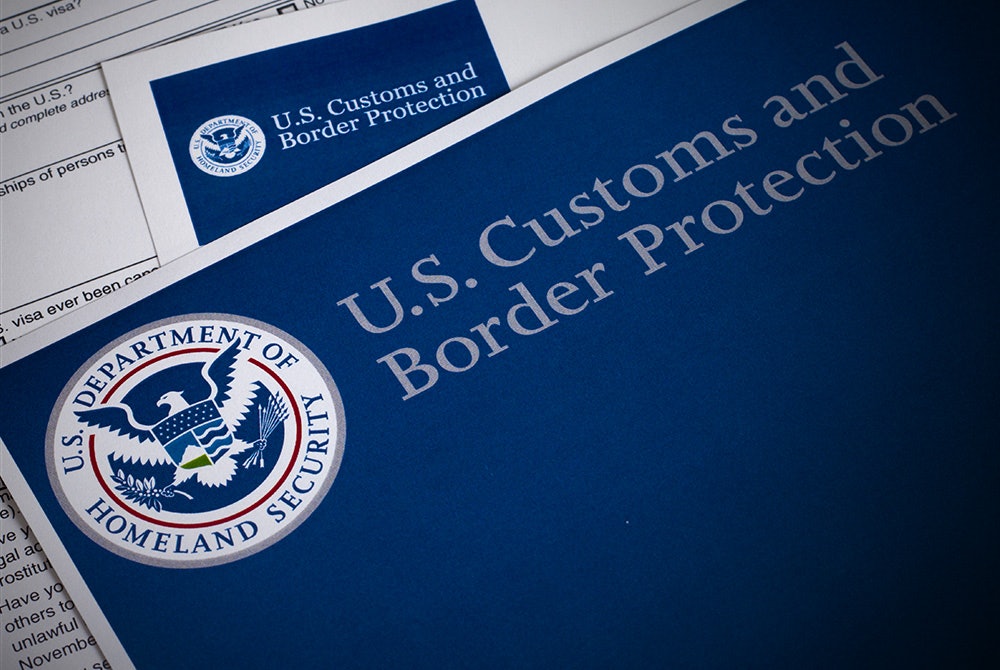The Federal Bureau of Investigations (FBI) is warning about a new scam involving fake calls from U.S. Customs and Border Protection (CBP) that has the end goal of stealing your money.
The scam works like this:
- You receive a call from what looks to be a local phone number.
- When you pick up, you hear a recorded message that says U.S. Customs and Border Protection has seized a car filled with drugs that is registered in your name.
- You're told to press a number to be connected to a CBP officer.
- After pressing the number, you're connected not to a CBP officer but a scammer impersonating an officer.
- After telling the "officer" (i.e., the scammer) that the car does not belong to you, they will act understanding and agree that your identity has been stolen.
- The scammer will then offer to help you recover your stolen identity and ask you for money.
- They will say the money is needed for several reasons, such as:
- Helping you keep your money safe and in the hands of the government for the time being.
- To pay for identity recovery services.
- After transferring money to the scammer, they will disappear, and you won't be able to get your money back.
Recorded MessageThis is the U.S. Customs and Border Protection. We have seized a car full of narcotics registered in your name. Please press 1 to be connected to a CBP officer now.
The imposters in this scam use scare tactics to trick you into handing money over—after all, spending some money to get yourself out of trouble is better than going to prison for a crime you didn't commit.
Federal agencies and law enforcement won't ever:
- Call you to let you know you're under investigation
- Demand money from you
Who Are Scammers Targeting?
There doesn't seem to be a specific group of people or demographics that scammers are targeting. These calls are being made to people across the United States, with reports of the scam coming from states including Minnesota, California, and Florida.
Basically, anyone with a phone needs to be aware of this scam and careful when answering calls from unknown numbers.
CBP Impersonators Aren't New
Although this particular version of this scam is new, there have been other similar scams involving CBP impersonators in the past. For example, earlier this year, the U.S. CBP warned of similar phone calls being made telling people that packages of drugs/money that were being shipped to their address have been intercepted.
In that phishing scam, the scammers would request your banking information, which they would then use to steal your money.
What to Do If You Receive a Fake CBP Call
If you get a phone call from someone impersonating U.S. CBP, you should:
- Take note of the phone number that called you.
- Hang up—do not provide any personal information or money.
- Report it to the Federal Trade Commission (FTC).


Comments